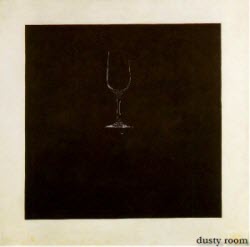Anwar Jahan Zuberi, the vice-chancellor of the University of Calicut is an obscure academic, if at all. Nobody seems to know what academic credentials fetched her the vice-chancellorship. I have always wondered why Prof. Zuberi was chosen to the post of vice-chancellor of the University of Calicut. Now, after a few years of her vice-chancellorship it is more than clear to any unbiased observer. Media have said enough on that.
പി കെ പോക്കറുടെ പദഘോഷ എഡിറ്റോറിയല്
13 years ago









